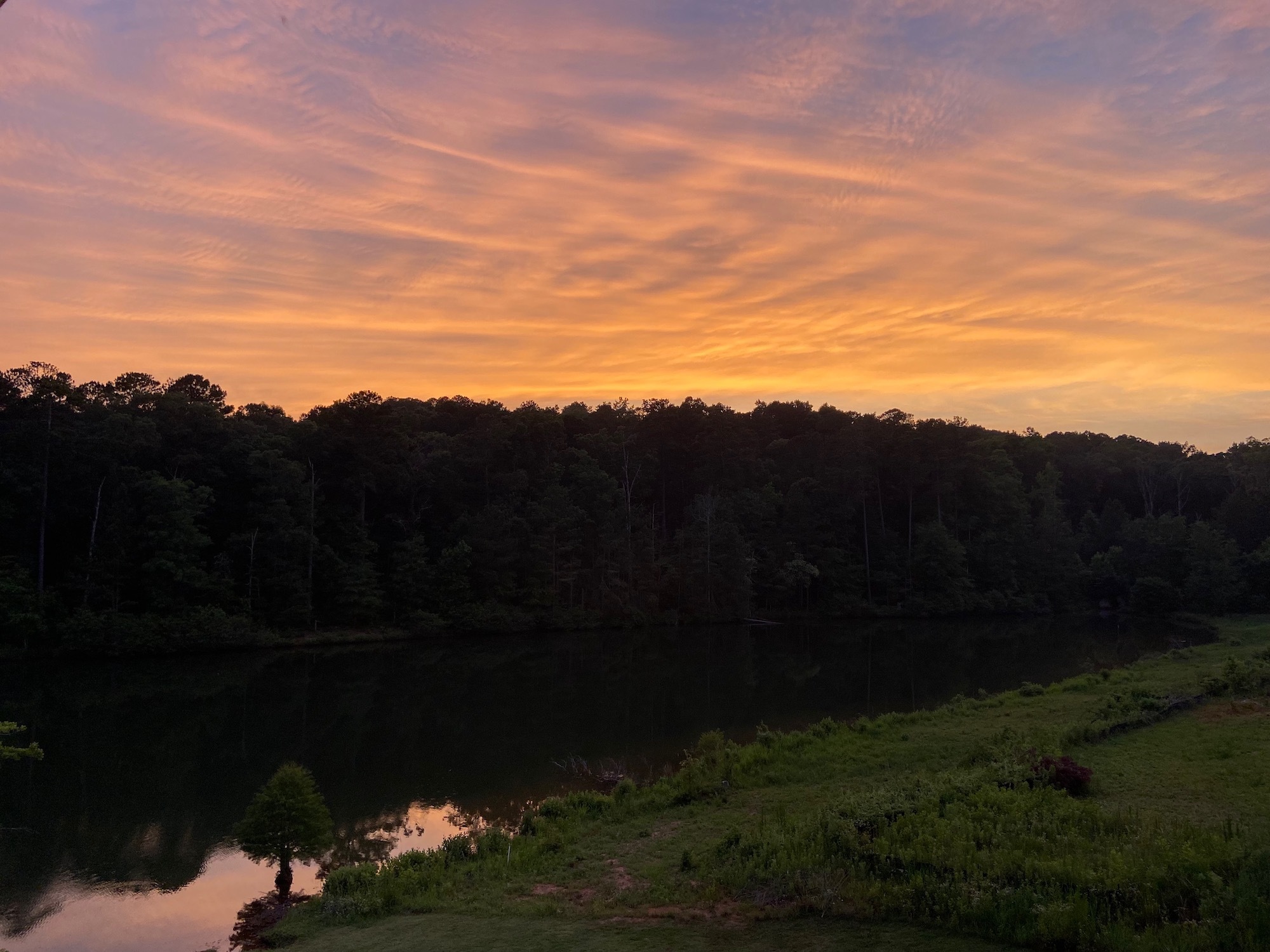“Here is the world. Beautiful and terrible things will happen. Don’t be afraid.” — Frederick Buechner
A Note From International Arts Movement
The close of summer always makes me a little bit sad. Although I won’t miss the sweltering heat and the suffocating humidity that the months of June, July, and August bring, I will miss the long days full of light, the carefree attitudes of adults and children, sprung free from chains of the calendar. I’ll miss sitting on my back porch listening to the giggles of children riding their bikes up and down my street in the middle of the day. Now, I listen for the rumble of the bus stopping behind me on my morning run.
I love a certain kind of fall. The kind of where it’s just cold enough to wear a jacket, but warm enough that sitting in the sun keeps you comfortable. Not so cold that you have to bundle up, but cool enough that you can enjoy a warm drink. The leaves turning, they crunch underneath you, but then it rains and they’re smeared across the street; a magnificent display reduced to a pile of gray matter. Fall reminds me that winter is coming: a time when the days are short. I wake up and go to bed with darkness. I trudge through snow (gray snow, more often than not) and shiver underneath the weight of three different layers. While some people love fall for its immediate relief, I’ve come to dread it a little bit, because it brings with it the inevitable arrival of something worse.
Something I learned in counseling was to focus on the idea that life is full of phases. Seasons is another way to say it. With the turn of the literal seasons, I remind myself of the old adage “this too shall pass.” The summer heat will fade away and be replaced by golden leaves and pumpkins and a brisk breeze. Winter will rear its ugly head, bringing with it the joy and anticipating of the holidays. Nothing lasts forever. Phases are short. It doesn’t mean that they aren’t hard, but even the dark night of the soul cracks eventually and light pours through.
I’m coming up on four years in Washington, D.C., a place I’ve come to call home, with all of its traffic and heated debates and strange monuments. Each year, around this time, I think of the girl that moved to this city, four years ago now, full of uncertainty and fear. I followed a map to the grocery store. Now, I navigate with confidence and ease. I give directions. The map has been put away. “This too has passed,” I whisper to myself.
A Note From Makoto Fujimura, Founder of IAM Culture Care

Haejin and I, along with our Kintsugi-Peace Making team of four certified instructors, just returned from Dominican Republic. We now have over 20 Kintsugi instructors, and coming back from a very fruitful trip, we may now have over 10 additional instructors! We went to encourage the local IJM (International Justice Mission) team effectively working with human trafficking victims. Some of the rescued victims joined us in our Kintsugi Experience as well, and a few may become certified themselves.
By creating a safe environment for folks to share their experience of brokenness, and naming the fragments, Culture Care Community begins to form. Our materials are now translated into Spanish, and we look forward to the certified instructors from Dominican Republic reaching other Spanish speaking countries. We also now have a Windrider Production documentary on “Kintsugi-Peace Making” subtitled in Spanish which is shown as part of the Kintsugi Experience.
IAMCultureCare is organizing more Kintsugi-Peace Making journey in the future, and in the fall we are going to be presenting Kintsugi at the UK Parliament, extending our Kintsugi journey into the fractured states of our political systems. In collaboration with Culture Care Creative Inc (a for profit company dedicated to Culture Care artists and scholars), we are able now to offer Kintsugi Experiences around US and UK. Please contact Carly at hello@culturecarecreative.com for more information.

Web Links
- The life and legacy of Frederick Buechner, a “man who found his inner depths.”
- Everything that we see in culture deals, in some way, with life and death.
- Karen Swallow Prior examines how the state of the economy might evoke reconsideration regarding faithfulness and vocation.
- The gospel according to Mavis Staples.
- Why read biographies of great — and flawed — historical figures, like America’s Founders?
- How should we practice healthy disagreement? Arthur Brooks on cultivating habits of honesty: “Little by little, it is getting easier. It’s kind of like exercise: It takes a while, but it becomes a habit, and then feels like a necessity.”
